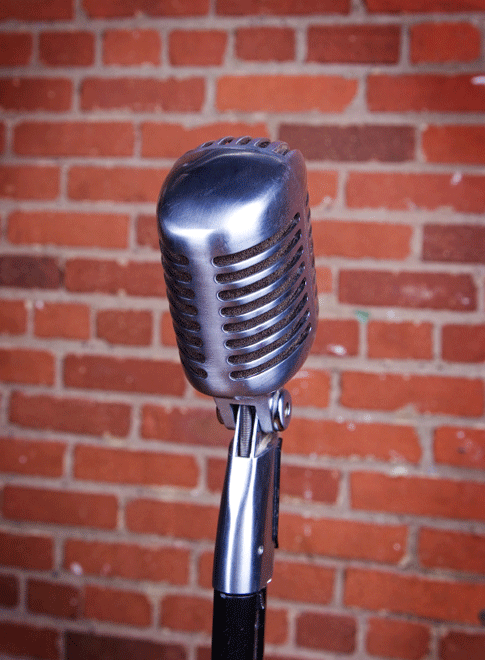Knock Knock: Who’s Funnier? Republicans or Democrats?
Humor study looks at conservatives v. liberals

If a man walks into a bar….who laughs? Liberals or conservatives? Dan Ariely, a psychologist at Duke University, and Elisabeth Malin, a student at Mount Holyoke College, looked into just that question in a recent Boston study. The two came up with a list of 22 jokes – conventional, quirky, corny, clever, etc. – and tracked the reactions of about 300 people who were asked to rate the jokes on a scale of 1 (not funny at all) to 9 (hilarious).
Many people, researchers included, assumed that liberals, who have a reputation for being open-minded and flexible, would find more of the jokes humorous. The joke was on them, because as it turned out, conservatives enjoyed humor more across all categories. Researchers guess that traditional jokes, like the following, which has a clear punch line and reinforces stereotypes, would be a hit with the right—and they were right:
Jake is about to chip onto the green at his local golf course when a long funeral procession passes by. He stops in midswing, doffs his cap, closes his eyes and bows in prayer. His playing companion is deeply impressed. “That’s the most thoughtful and touching thing I’ve ever seen,” he says. Jake replies, “Yeah, well, we were married 35 years.
But, contrary to prior opinion, absurdist humor, like SNL favorite Jack Handey’s “Deep Thoughts,” was appreciated by more conservatives than liberals. For example:
If you saw two guys named Hambone and Flippy, which one would you think liked dolphins the most? I’d say Flippy, wouldn’t you? You’d be wrong, though. It’s Hambone.
According to the liberal = open-minded, conservative = conformist equation, conservatives should go for the first joke, which is traditionally structured, incongruity-resolution humor. Liberals should roll on the floor laughing for the second, which is more free form and ambiguous. But across the board, conservatives are the group comedians would want in their audience, not liberals. Says Ariely, “I was surprised. Conservatives are supposed to be more rigid and less sophisticated, but they liked even the more complex humor.” Why was the hypothesis wrong?
One explanation is that conservatives may be less open to new experiences, but their rigidity in politics does not necessarily correlate to other personality traits, like their funny bone.
Another is the argument that conservatives are generally happier than liberals. Conservatives rationalize social inequalities, accept the world as it is, and are happy to live in it, while liberals are not satisfied with actual society and feel they cannot be happy until something changes. Therein lies the answer to Keith Olbermann but then, why are you so angry, Bill O’Reilly?
Finally, it could all come down to conscious or subconscious biases. In a recent New York Times article John Tierney suggests that the stereotype of conservatives being stiff and humorless is an inaccurate one created by social scientists who live in a world made up almost exclusively of liberals. Social scientists attempt to be objective, but they are coming from a faculty lounge where Democrats outnumber Republicans, on average, at least seven to one. The talk around the water cooler could lead to biases that are reflected in the portrait of conservatives portrayed by social scientists.
With the conservative party rebuilding after the recent election, perhaps party members can change their image by infusing their stump speeches with some absurdist humor. Hey, did you hear the one about the VP that shot a guy?
It may be best to stick to Jack Handey.
Via: NYTimes.com